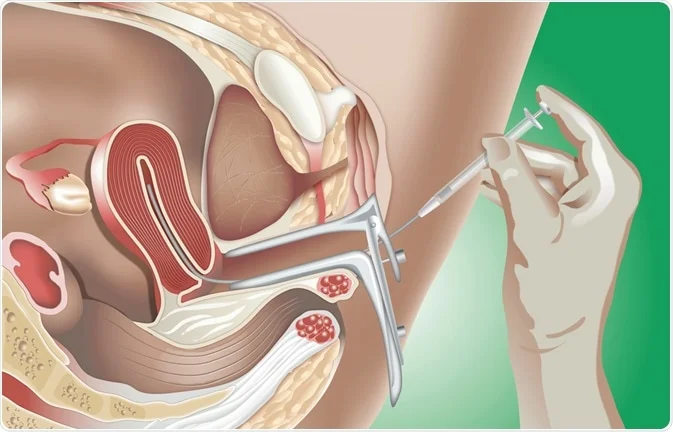Welcome to another edition of our fertility blog! Today, we’re excited to introduce Mia, our talented embryologist whose journey in reproductive biology is as fascinating as it is inspiring.
Mia began her academic path in biotechnology and molecular biology in her home country, China. After completing her undergraduate degree, she decided to broaden her horizons by pursuing a master’s degree in biology at the University of Newcastle in Australia. The transition to a new country was challenging, but with the guidance of her mentor, Professor James Larkin, a renowned figure in male reproduction, she thrived. Under his mentorship, Mia not only gained valuable scientific knowledge but also developed a strong foundation in research methodologies.
Her time at the University of Newcastle sparked her interest in reproductive biology, particularly in studying enzymes like NADPH oxidase in sperm. Witnessing the dynamic movement of sperm under a microscope was a pivotal moment for her, fueling her desire to explore the intricacies of fertilization. As she wrapped up her master’s, her passion for reproductive and developmental biology only grew stronger.
Mia then relocated to Sydney to pursue a PhD at the University of New South Wales. Drawn by the chance to work with human embryonic stem cells, she made significant contributions to the field, including pioneering methods for reprogramming human somatic cells. Her groundbreaking work earned her accolades, including recognition for the best publication of the year at UNSW.
Despite her achievements with stem cells, Mia longed to reconnect with her roots in reproductive biology. So when the opportunity arose to interview with Dr. Sarah Peterson at Stanford University, she jumped at the chance. In California, Mia worked as a postdoctoral fellow, initially focusing on stem cells before discovering her true passion for embryo development. A captivating video of human embryo growth ignited her interest, leading her to embark on a new project studying embryo development in 2011.
At Stanford, Mia thrived in a cutting-edge academic environment, collaborating with some of the brightest minds in the field. She contributed to a revolutionary device that predicts an embryo’s potential just one day after fertilization, which can greatly enhance IVF success rates and reduce costs. This innovation was highlighted in a recent publication in Nature Communications, showcasing its potential impact on reproductive medicine.
After completing her fellowship, Mia decided she wanted to make a direct impact on people’s lives rather than remaining in the research lab. In 2016, she joined our team, bringing her extensive experience in embryo culture and analysis. Over the past year, she has immersed herself in her role, cherishing the opportunity to work alongside dedicated physicians and staff who share her commitment to patient care.
Mia’s ultimate goal is to blend her research expertise with hands-on clinical experience to help couples achieve their dream of parenthood. She envisions a future where IVF becomes even more accessible through automated technologies that enhance success rates while lowering costs. Her commitment to understanding embryo development continues, as she believes there is always room for improvement in creating the best possible environment for embryos.
For those interested in learning more about different IVF techniques, check out our post on the differences between natural cycle IVF and traditional IVF. If you’re considering home insemination, Make a Mom offers a comprehensive kit to help you on your journey. Additionally, for in-depth information about IVF, the NHS provides excellent resources that you won’t want to miss.
In summary, Mia’s journey exemplifies the blend of passion, innovation, and dedication in the field of reproductive biology. Her commitment to advancing fertility treatments is paving the way for hopeful parents everywhere.

